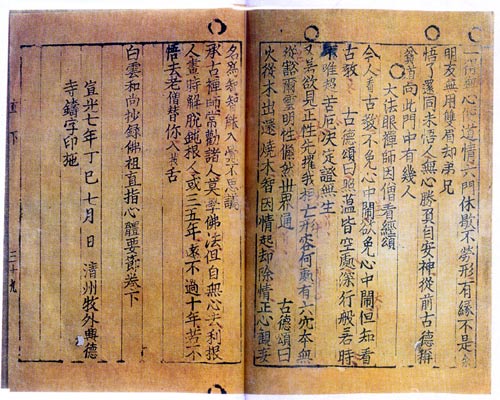metatron: The authoritarian rule of China tends to look seductive.
Umm! Why is assumed that the Chinese government is more "authoritarian," than western goverments? Back in 2003 I took part in a mass demonstration in Sydney. The centre of the city was clogged with something like 200,000 people protesting against Australian involvement in the American inspired Iraq War. The Australian government took no notice of the protest. John Howard (the PM of the time) said he'd promised Bush that Australia would fight in the war, and fight we had to.
Newspaper polling indicated the same story - most Australian's were opposed to the war.
Turns out this opposition to the war was right. The Iraq war was a huge mistake. Iraq is wrecked. The grandiose dream of Iraq becoming a beacon of democracy in west Asia turns out to have been a cocaine fuelled nightmare of the American elite.
I do not recall that John Howard ever apologised, in fact his protege, the present PM, almost wet himself in his anxiety to start bombing the area again.
In the UK, Tony Blair performed in a similar authoritarian way. Then finding his hands covered in the blood of the innocents, he becomes a Catholic to salve his conscience.
Another aspect of authoritianism in my country is the fact that polling consistently showing that about 70% of Australians support allowing gay people to marry. The current PM (Abbott) is ideologically opposed to that (he's a committed Christian of the Catholic brand). And he says he will not allow it. So much for the will of the people!!!
So in what way, is the west NOT authoritarian?
Democracy does not happen overnight. The commencement of what the west calls democracy, supposedly had its start with the Magna Carta (which had nothing to offer the lower classes, anyway). But allow the MG to be the start of the road to democracy in the English speaking cosmos, and it took over 500 years to "grow" democracy. I do not believe that what the west calls democracy can work. The problem is that the right to vote is a privilege that should carry a concurrent responsibility - the responsibility to be informed when electing government. How many people are informed? How many people 'could be' informed?
But back to China. Yes! I would agree that sometimes, some levels of government may act in a high-handed way. But, at a recent talk given by Professor Kerry Brown of Sydney University (who can be quite critical of China) he claimed that there were some 200,000 to 500,000 protest demonstrations every year in China. Many of which achieve the goal of the protest.
I cannot forecast the future of China, but I do not think that the government refuses to listen to what people are saying. In fact, I suggest that the whole point of a mass political party, with a membership of 80,000,000 (that's ab out one party member for every 20 people), is that grassroots opinion can be known and discussed. That's not the way we are used to seeing things done, but maybe we should see where it takes China, before we yell and scream that its wrong.
Again, as a contrast. In my country, the combined membership of the two major political parties is probably not much more than 50,000 for both parties. (That's about one party member for every 450 people in Australia). Party members have few rights. Each Aussie party (one called Liberal and one called Labour) selects its candidates (with rubber stamping by local branch members) and give you a list of candidates to vote for. Is that really "democracy?" Isn't that just a teeny bit (smile) "authoritarian?"
When it comes to voting on issues in parliament, is that the party insists that members must vote the party line - the will of the people in the politicians electorate, doesn't matter.

 Victim attacked with mops and chairs while customers told not to intervene
FREDDY MAYHEW
Victim attacked with mops and chairs while customers told not to intervene
FREDDY MAYHEW 


